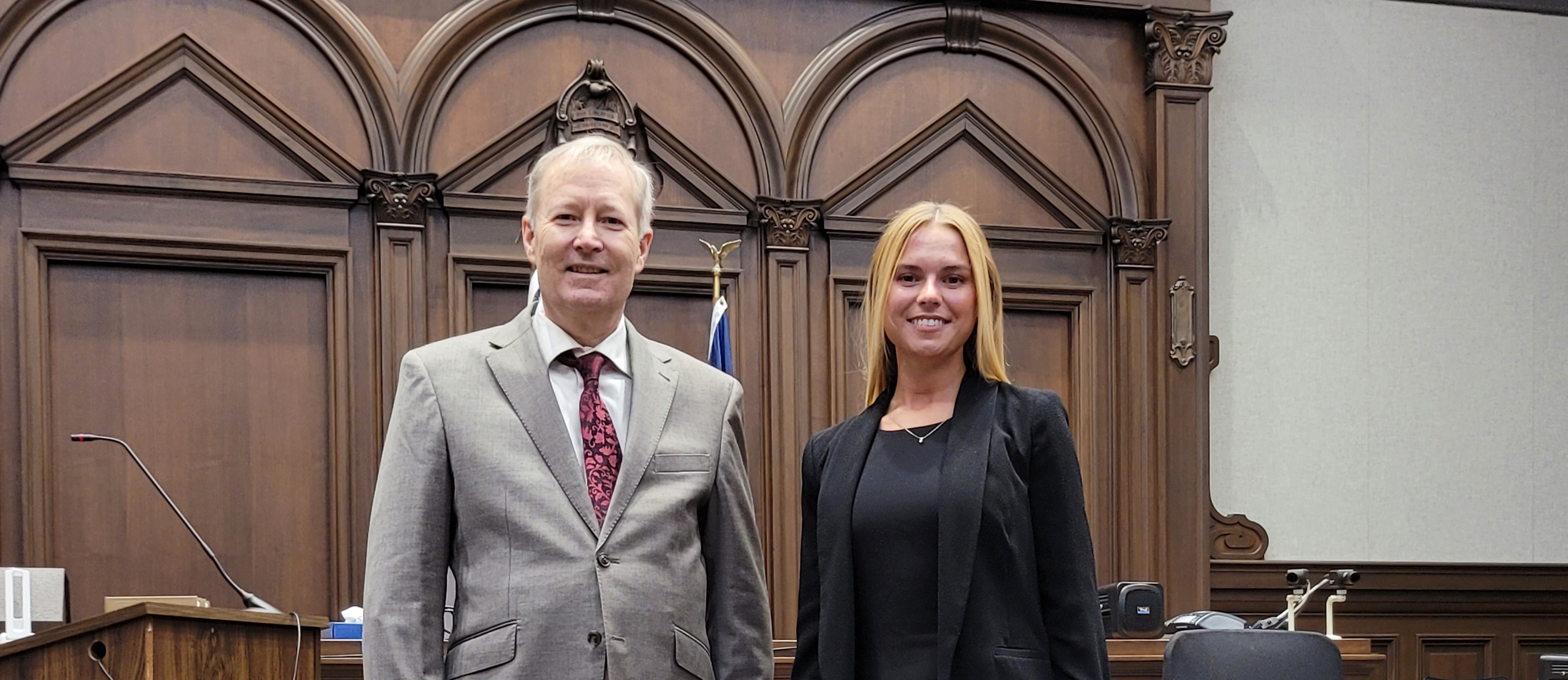Conflict Mitigators. Place Your Trust in Us

Benefits of Child Custody Mediation
Iowa Statutes require you to take a mediation class and a parenting class. Counties may have different rules for the classes. District 6 counties include Linn, Benton, Iowa, Johnson, Jones and Tama and require both spouses to take the course within 45 days of filing the divorce. The deadline for taking the classes happens before the deadline for mediation because the classes are designed to make mediation more productive.
What is Mediation?
A mediator—a third party with no interest in the case—helps spouses come to an agreement on the decisions that the spouses need to make during a divorce. During mediation, each party presents what they would like out of the divorce, plans for sharing the children, alimony, and division of assets and debts. Iowa Statutes determine how much child support each party pays, but some parties deviate from the guidelines in special circumstances. The parties may work out the particulars of deviation from child support during mediation. Before the agreement reached by the parties in mediation becomes enforceable, it is reviewed and edited by attorneys, approved and signed by both parties, and submitted for the review and approval of a judge.
The Benefits of Determining Child Custody in Mediation
The longer you argue about child custody, the more distressing it is for the children, and the more it costs both parties. If you are able to come to an agreement for time-sharing in mediation, you will not have to present this part of the divorce case to a judge. In fact, if you are able to settle all factions of the divorce during mediation, you can avoid a lengthy and costly final hearing. Benefits of settling child custody or time-sharing in mediation include:
You decide on a time-sharing schedule. You know what is best for the children and your schedule. If the court has to determine time-sharing arrangements, you may end up with a time-sharing plan that interferes with your work schedule or that gives you less time with your children.
When both parties create a time-sharing schedule, they are more likely to stick to the schedule.
Because the parents are cooperating, even if they do so grudgingly, the children benefit because a time-sharing schedule is in place sooner rather than later. The children will be able to continue interacting with both parents, which is, in most cases, in the best interest of the children.
It is much less expensive to go to mediation than to go to trial. When you go to trial, the lawyers must prepare for trial, which is billed time. Travel to the courthouse and the time spent in trial, along with the time spent drafting the final judgment, are also billable. This also includes meetings between you and your attorney leading up to the trial.
In contentious cases, an attorney for a child may be appointed. This attorney can participate in mediation concerning the child and inform the parents of the child’s unique perspective.
When you go to mediation, your attorney prepares you for mediation, but the preparation is not as lengthy as if he would go to trial. Once you and your spouse come to an agreement at mediation, the mediator or one of the attorneys drafts the mediation agreement and files it with the court. If you come to an agreement on all aspects of the divorce, you have only one step left: A short final hearing.
The parents are able to come up with a schedule that best meets their needs. This is important if one parent works odd hours or is in the military and is often deployed.
Finally, the divorce isn’t drawn out over many years of fighting over child custody.
The mediators determine the cost of mediation and each spouse pays half of the fee. If you cannot afford a mediator, let your attorney know. The court may appoint a mediator at a reduced cost. You will have to submit your financial affidavit with the request.
Contact Willems Law
If you are considering filing for divorce or you have been served with a divorce, contact Willems Law for a consultation.

